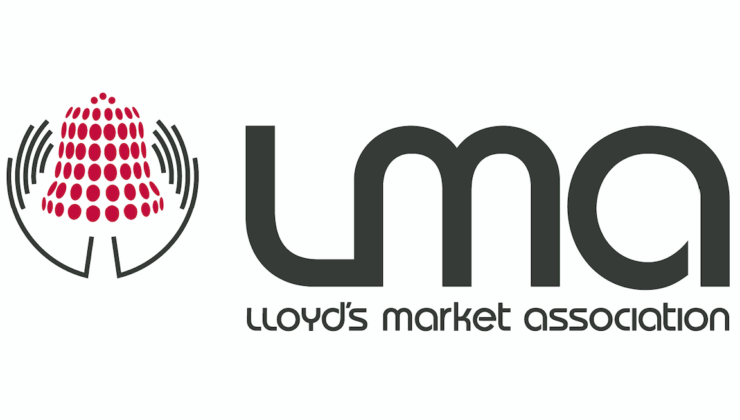

Elizabeth Wooliston, the Underwriting Director at the Lloyd’s Market Association, has highlighted the potential consequences of the recent tariffs imposed by U.S. President Donald Trump. These tariffs could significantly affect insurers, causing shifts in supply chains and impacting overall profitability. Wooliston noted that the effects will vary across the insurance sector as increased uncertainty and market volatility escalate business risks.
The U.S. administration has introduced a new wave of tariffs, applied reciprocally with a minimum threshold of 10% on duties for U.S. exports. Specific tariffs include a 34% charge on Chinese goods, 26% on Indian imports, 20% on European Union exports, and a 10% tariff on goods from the United Kingdom. Additionally, a 25% tariff is now imposed on all foreign-made vehicles.
Wooliston emphasized that the tariff implications will differ depending on the jurisdiction, potentially leading to an economic downturn. Such a downturn could reduce levels of international trade and economic activity, thereby decreasing the demand for insurance. She stated, “In these unpredictable times, even a 12-month insurance contract feels like a distant prediction.”
In the U.S., as the cost of goods rises, insurers’ primary concern will be managing their ‘value at risk’. Brokers must ensure clients are not underinsured. Wooliston explained, “If tariffs raise the price of goods and spare parts, insurance claims are likely to increase.” This scenario could necessitate higher premiums or reduced coverage to avoid a significant margin squeeze for insurers.
Wooliston also mentioned the ambiguity surrounding tariff applications, which could lead to increased supply chain disruptions. Insurers rely on underwriting and investments in financial instruments for profitability. Economic uncertainty causes stock and bond value volatility, impacting profitability.
According to analysts at KBW, insurers are expected to manage challenges posed by the U.S. tariffs effectively. Industry players will likely have sufficient time to request rate increases, which state regulators are generally expected to approve. KBW pointed out that tariffs will primarily affect personal insurance, commercial auto physical damage, commercial property, marine lines, and surety. These areas will see increased claim costs due to higher prices for car parts, used cars, and construction materials.
ENGLİSH
4 gün önceSİGORTA
4 gün önceSİGORTA
4 gün önceSİGORTA
7 gün önceSİGORTA
9 gün önceSİGORTA
9 gün önceDÜNYA
18 gün önce 1
Elon Musk’s Father: “Admiring Putin is Only Natural”
11523 kez okundu
1
Elon Musk’s Father: “Admiring Putin is Only Natural”
11523 kez okundu
 2
xAI’s Grok Chatbot Introduces Memory Feature to Rival ChatGPT and Google Gemini
10507 kez okundu
2
xAI’s Grok Chatbot Introduces Memory Feature to Rival ChatGPT and Google Gemini
10507 kez okundu
 3
Minnesota’s Proposed Lifeline Auto Insurance Program
9452 kez okundu
3
Minnesota’s Proposed Lifeline Auto Insurance Program
9452 kez okundu
 4
Introducing Vivo Y300 Pro+: A Blend of Power and Affordability
7394 kez okundu
4
Introducing Vivo Y300 Pro+: A Blend of Power and Affordability
7394 kez okundu
 5
What’s the best car insurance for seniors?
6050 kez okundu
5
What’s the best car insurance for seniors?
6050 kez okundu
Veri politikasındaki amaçlarla sınırlı ve mevzuata uygun şekilde çerez konumlandırmaktayız. Detaylar için veri politikamızı inceleyebilirsiniz.